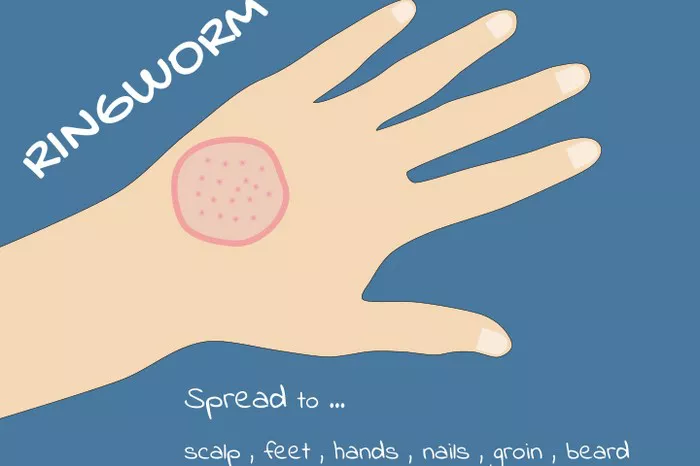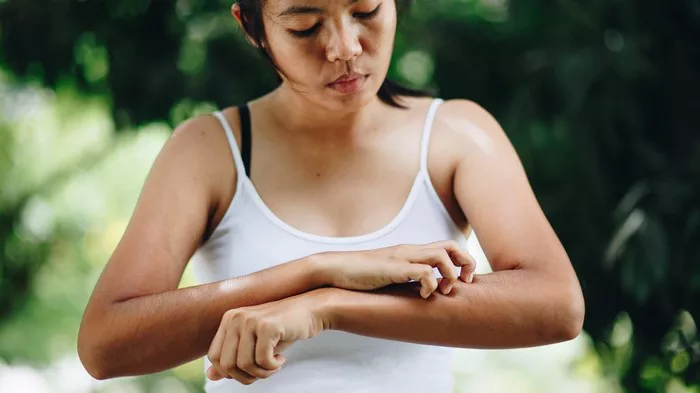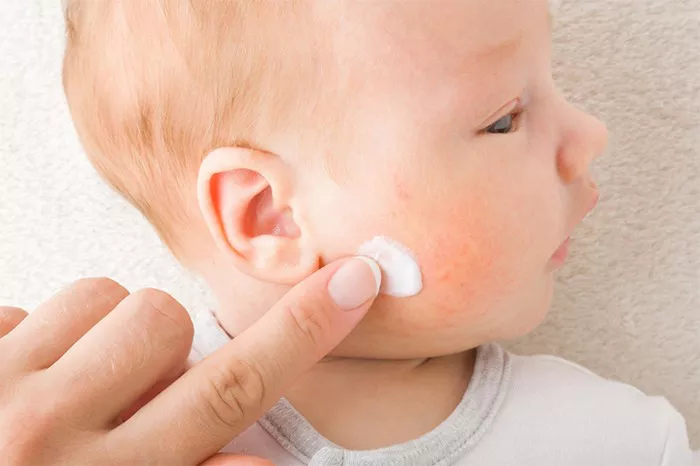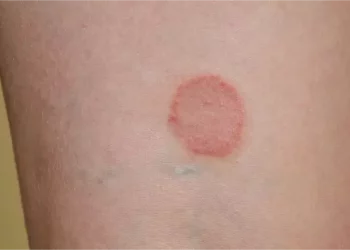Ringworm, despite its name, is not caused by worms but rather by a group of fungi known as dermatophytes. This common fungal infection can affect various parts of the body, leading to discomfort and, in some cases, complications. Understanding the side effects of ringworm in humans is crucial for prompt diagnosis and effective management of this condition.
What is Ringworm?
Ringworm, or dermatophytosis, is a contagious fungal infection that can affect the skin, scalp, and nails. Despite its name, ringworm is not caused by worms but by several types of fungi, including Trichophyton, Microsporum, and Epidermophyton. These fungi thrive in warm, moist environments and can be transmitted through direct contact with an infected person or animal, as well as through contaminated objects or surfaces.
Common Side Effects of Ringworm
1. Skin Rashes: One of the hallmark symptoms of ringworm is the development of red, itchy, and inflamed patches on the skin. These patches may be circular or ring-shaped, hence the name “ringworm.” The rash can spread gradually and may cause discomfort or pain, particularly if located in areas where friction occurs, such as between folds of skin.
2. Scalp Infections: When ringworm affects the scalp, it can lead to hair loss, scaling, and crusting. In severe cases, scalp ringworm may result in kerion formation, characterized by painful, swollen nodules that can ooze pus. Scalp infections are more common in children but can also occur in adults.
3. Nail Changes: Ringworm can also affect the nails, causing them to become thickened, discolored, and brittle. Infected nails may appear yellowish or white and can develop ridges or grooves. In severe cases, the nails may separate from the nail bed, leading to a condition known as onycholysis.
4. Jock Itch: Also known as tinea cruris, jock itch is a form of ringworm that affects the groin and inner thighs. It typically presents as red, scaly patches that may itch or burn. Jock itch is more common in men and is often associated with sweating, tight clothing, and poor hygiene.
5. Athlete’s Foot: Athlete’s foot, or tinea pedis, is another type of ringworm that affects the feet, particularly the spaces between the toes. Symptoms include itching, burning, and peeling skin. In severe cases, blisters may develop, and the skin can become cracked and painful.
6. Secondary Infections: Scratching the affected areas of skin can lead to secondary bacterial infections, exacerbating the symptoms and prolonging the healing process. It is essential to avoid scratching and to keep the affected areas clean and dry to prevent bacterial overgrowth.
Complications of Ringworm
While ringworm is generally a mild and self-limiting condition, certain complications may arise, especially if left untreated or if the individual has a weakened immune system:
1. Spread of Infection: Without proper treatment, ringworm can spread to other parts of the body or to other individuals through direct contact or contaminated surfaces. Prompt diagnosis and treatment are essential to prevent further spread of the infection.
2. Chronic Infections: In some cases, ringworm may become chronic, leading to persistent or recurrent symptoms. Individuals with compromised immune systems, such as those with HIV/AIDS or diabetes, are at higher risk of developing chronic ringworm infections.
3. Mycosis Fungoides: Mycosis fungoides is a rare type of lymphoma that can mimic the symptoms of ringworm, including skin rashes and lesions. While mycosis fungoides is not caused by fungi, the similarities in presentation can lead to misdiagnosis and delayed treatment.
4. Disseminated Infections: In immunocompromised individuals, such as those undergoing chemotherapy or organ transplant recipients, ringworm can spread to other parts of the body, leading to disseminated infections. These infections can be challenging to treat and may require systemic antifungal therapy.
Diagnosis and Treatment
Diagnosing ringworm typically involves a physical examination and, in some cases, laboratory tests, such as skin scrapings or fungal cultures, to confirm the presence of the fungi. Treatment usually consists of antifungal medications, either topical or oral, depending on the severity and location of the infection.
Topical antifungal creams, lotions, or powders are commonly used for mild to moderate cases of ringworm, while oral antifungal medications may be prescribed for more severe or widespread infections. It is essential to follow the prescribed treatment regimen and to continue treatment for the recommended duration to ensure complete eradication of the fungi.
In addition to antifungal medications, other measures can help alleviate symptoms and prevent recurrence:
- Keep the affected areas clean and dry.
- Avoid sharing personal items, such as towels, clothing, or hairbrushes.
- Wash hands thoroughly after touching infected areas.
- Wear loose-fitting clothing and avoid tight shoes or socks.
- Use antifungal powders or sprays in shoes and socks to prevent reinfection.
Conclusion
Ringworm is a common fungal infection that can affect the skin, scalp, and nails, leading to a variety of symptoms, including skin rashes, scalp infections, and nail changes. While ringworm is generally mild and self-limiting, complications such as chronic infections and disseminated disease can occur, especially in immunocompromised individuals.
Early diagnosis and prompt treatment are essential to prevent further spread of the infection and to alleviate symptoms. Antifungal medications, both topical and oral, are the mainstay of treatment, along with measures to prevent reinfection and recurrence.
By understanding the side effects of ringworm and taking appropriate precautions, individuals can effectively manage this fungal infection and minimize its impact on their health and well-being.
Related Topics:






















